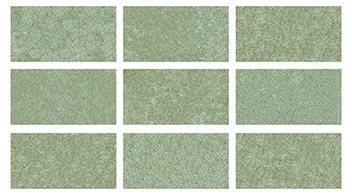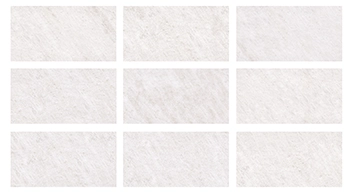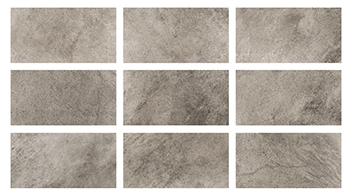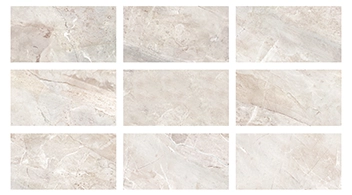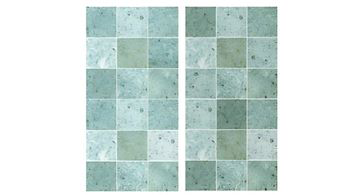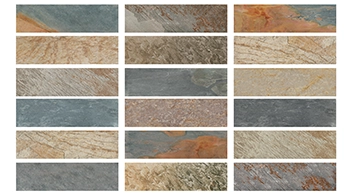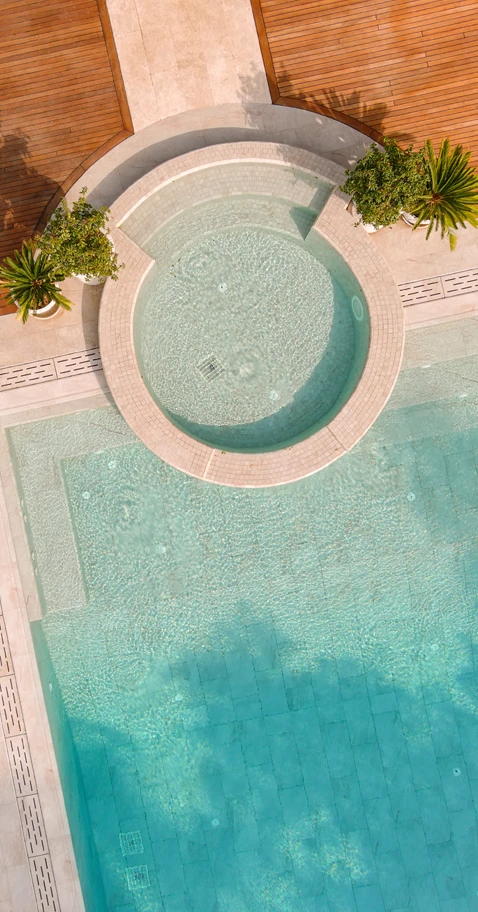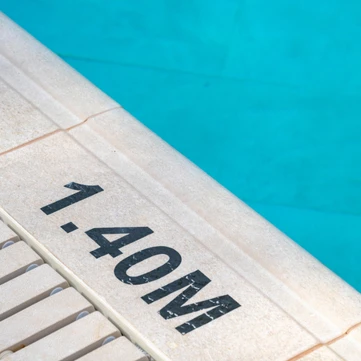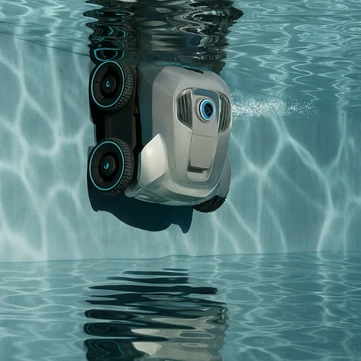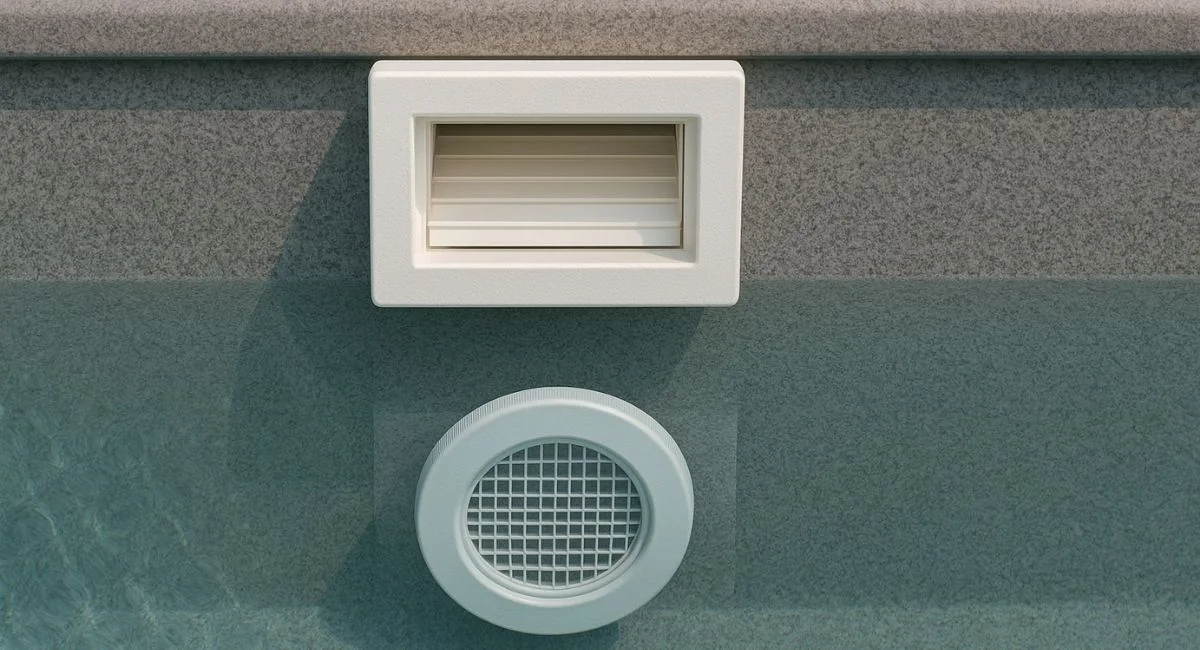
One of the most effective ways to keep your pool clean and crystal clear is by using a skimmer. But what exactly is a pool skimmer and how does it work?
Whether you're a pool operator or simply looking to create a comfortable swimming space at home, leaves, insects, and debris accumulating on the surface can reduce water quality over time. This is where the skimmer steps in—by directing contaminants on the water’s surface into the filtration system, it keeps the pool water clean. Skimmers are essential for a more hygienic, aesthetic, and low-maintenance pool. Let’s explore how they work and what advantages they offer.
Types of Pool Skimmers
Pool skimmers come in different types based on pool structure and usage. Choosing the right type not only helps maintain water clarity but also simplifies maintenance. Here are the most common types:
- Wall-Mounted Skimmer: The most frequently used model for concrete, liner, or prefabricated pools. It is mounted to the pool wall and directs surface debris into the filtration system.
- Floating Skimmer: As the name suggests, it floats freely on the water surface. Often preferred for portable pools and natural ponds.
- Built-In Skimmer: Integrated during the construction of the pool, this model offers a more aesthetic appearance and high efficiency. Commonly used in large swimming pools.
- Vacuum Skimmer: This type can also clean the bottom of the pool by collecting surface and submerged particles through a powerful suction system.
By choosing the most suitable skimmer based on your pool’s size, structure, and frequency of use, you can enjoy a cleaner, more hygienic, and low-maintenance pool.
Features and Functions of Pool Skimmers
Pool skimmers are key components that ensure clean and clear water. Selecting the right one enhances filtration performance and simplifies maintenance. So, what features should a quality pool skimmer offer?
- High-Efficiency Filtration: Effectively collects leaves, insects, and debris from the water surface.
- Durable Materials: Usually made from UV-resistant plastic, stainless steel, or strong composite materials.
- Automatic Operation: Models that operate automatically with water flow reduce the need for manual maintenance.
- Large Filter Basket: Collects more debris, requiring less frequent cleaning.
- Easy Installation and Maintenance: User-friendly design makes installation and cleaning effortless.
The right skimmer ensures your pool remains clean and well-maintained at all times.
Pool Skimmer Prices
Prices vary depending on the type, material quality, and extra features. Choosing the correct skimmer not only improves cleanliness but also reduces long-term maintenance costs. When comparing wall-mounted, floating, or vacuum models, consider your pool’s size and usage frequency. Skimmers made of durable materials, with large filter capacity and easy maintenance, offer a long-lasting investment. Whether you're looking for a compact model for private use or a professional one for commercial pools, selecting the right product makes pool care more efficient.
How to Install a Pool Skimmer
Proper installation is critical to ensure clean and balanced pool water. A correctly installed skimmer efficiently collects debris and directs it to the filtration system. Although the steps may vary based on the pool and skimmer type, the basic process is as follows:
- Positioning: Install the skimmer just below the waterline, typically aligned with the wind direction to collect surface debris more effectively.
- Cut and Placement: In concrete, liner, or prefabricated pools, an opening is cut for the skimmer, and it’s placed to ensure water tightness.
- Connections: The skimmer is connected to the pool’s filtration system for effective water circulation.
- Leak Test: After installation, check all connections for leaks.
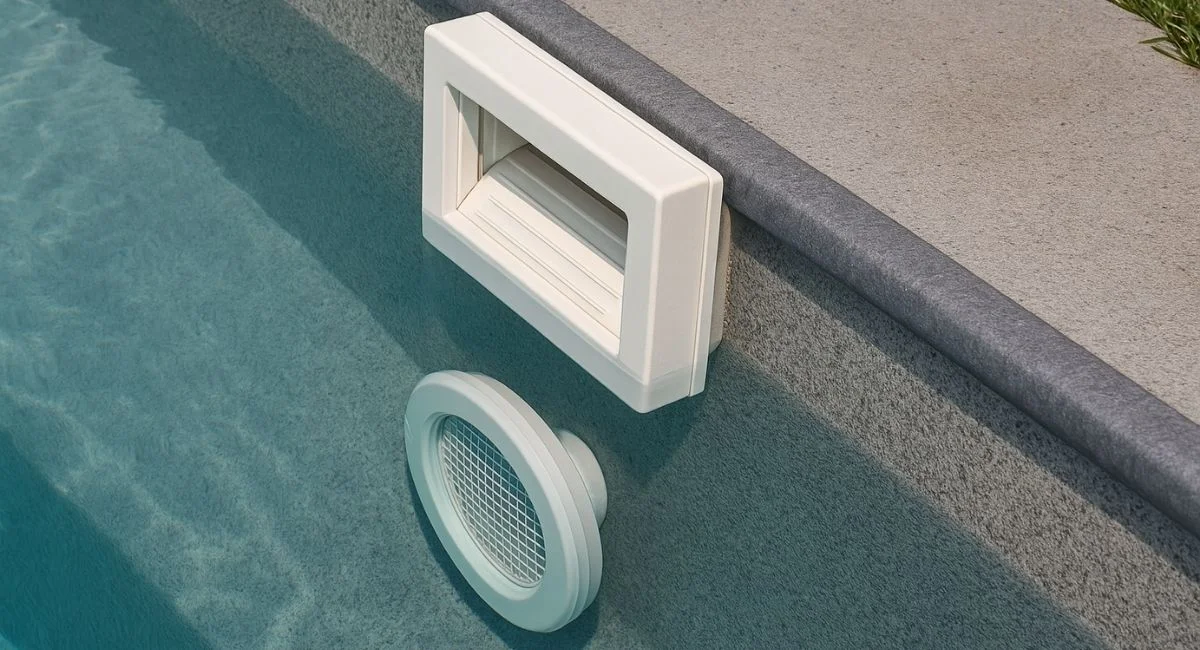
Pool Skimmer Dimensions
Skimmer dimensions vary depending on pool size, type, and filtration system. Choosing the right size ensures efficient cleaning and easier maintenance. While skimmers are often produced in standard sizes, larger models are used in commercial pools. Compact skimmers are sufficient for small pools, whereas wide-opening skimmers are ideal for larger swimming pools. Selecting the proper height according to water level also supports balanced flow. Choosing the correct dimensions ensures a clean and healthy swimming experience.
How Does a Pool Skimmer Work?
A pool skimmer collects leaves, insects, and debris from the surface, acting as a filter system to keep the water clean. Its working principle is simple: when the pool pump is active, the skimmer draws in water with light suction, pulling in floating debris. A filter basket inside the skimmer traps large particles, preventing them from reaching the pump and improving filtration efficiency. The cleaned water is recirculated back into the pool. A regularly cleaned skimmer ensures clear, hygienic water and simplifies maintenance. It’s the invisible hero that keeps your water fresh and inviting.
Cleaning a Pool Skimmer
Cleaning the skimmer is a simple yet vital process for maintaining clear and hygienic water. Since it collects leaves, insects, and debris, it can clog over time and lose efficiency. Remove the filter basket and empty its contents at least once a week. For deeper cleaning, rinse the inner walls and connections with a soft brush or hose. Regular cleaning prevents clogs and odors and extends the filter’s lifespan. Remember, a clean skimmer is the foundation of a clean pool.
FREQUENTLY ASKED QUESTIONS
When Should a Pool Skimmer Be Preferred?
Skimmer-equipped pools are suitable for personal use, offering cost-effective and water-saving solutions. Overflow Pools are ideal for professional use, such as hotels and sports facilities, due to their hygiene and visual appeal.
Skimmer Pool or Overflow Pool?
Skimmer pools consume less water and have lower construction and maintenance costs. Overflow Pools offer a more hygienic and elegant appearance but with higher water consumption and investment. Choose based on usage and budget.
Is a Skimmer Required in All Pools?
No, it’s not mandatory. Overflow systems are an alternative. However, skimmers provide a practical cleaning solution and are widely used in small to mid-sized pools.
What’s the Difference Between a Skimmer and a Pool Pump?
A skimmer collects debris from the water surface, while the pool pump powers water circulation and filtration. The skimmer handles surface cleaning, and the pump ensures overall water flow.



